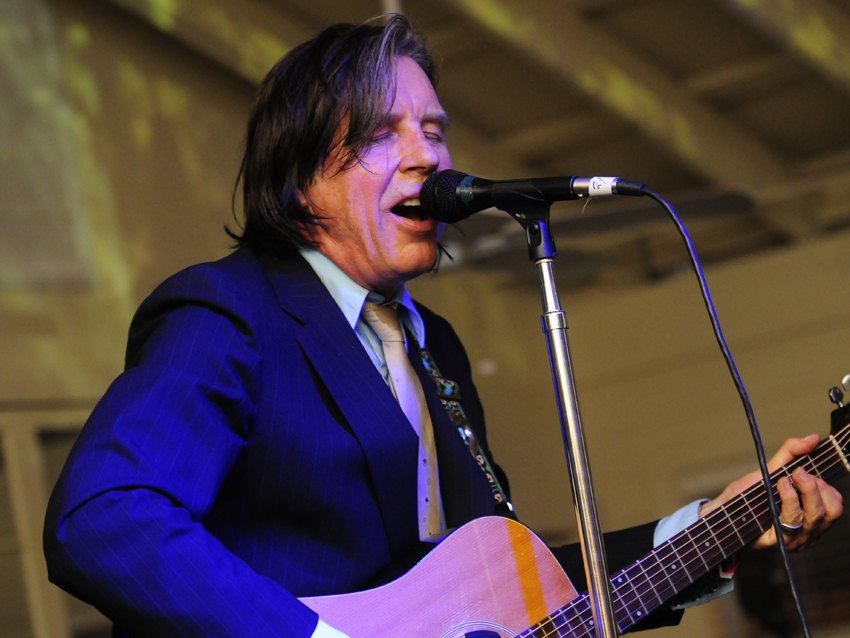
John Doe's favorite punk albums of all time
"A great punk record should have a certain amount of humor," says John Doe, bassist and co-lead singer for the groundbreaking Los Angeles outfit X (which he also founded). "The all-important 'I'm pissed off' message has to be there, but it should be balanced. People in the initial wave of punk bands knew this, but along the way that sensibility got lost. You can't progress musically if all you're peddling is angst."
According to Doe, essential punk albums share a common theme: "Things are unfair, things are fucked up, everything's going to hell…But let's have a good time while we can."
Hearing Patti Smith, says Doe, was the first time he felt as though “there was more to music than what was on the radio.” But he cites his live introduction to punk rock, a gig by the Talking Heads early in their career, which took place at New York City’s CBGB, appropriately enough, as a true life-changing event. “Their music was an elixir,” he recalls. “It filled the space and affected everybody who was there. The band played Psycho Killer, and at the end, David Byrne took off his guitar and just walked out the door. I thought to myself, This could be his last performance.”
With X and in his solo work, Doe has broadened the scope of punk by embracing genres such as country and folk music. “But the rock ‘n’ roll spirit is always there,” he stresses. “When I moved to LA from the East Coast, things were just starting to change for the better. New groups were popping up, and The Eagles and Linda Ronstadt were on the way out. To me, that wasn’t rock ‘n’ roll; that was pop music. I was like, ‘Get the fuck out of here with that stuff.’”
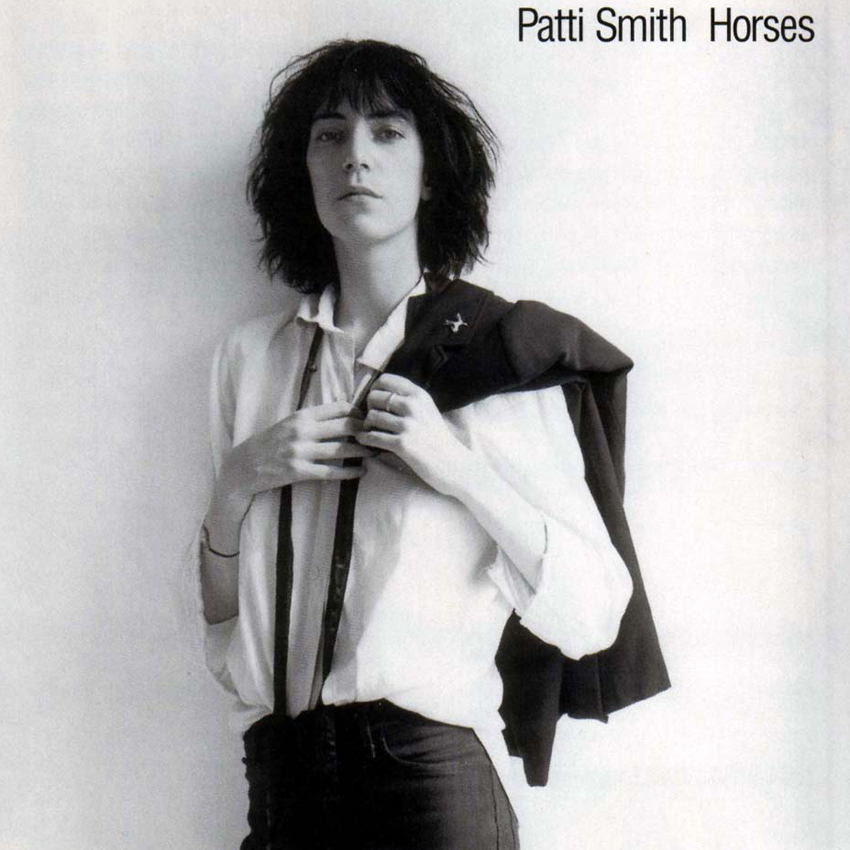
Patti Smith - Horses (1975)
“I was very involved with poetry, and so it was only natural that I was drawn to what Patti Smith was doing. Mixing poetry with music reminded me of what The Doors did in the ‘60s.
“The music itself was very direct and unpretentious. You could tell that the band just set up in the studio and played what they wanted to play. They basically didn’t give a shit what anybody told them, which is cool.
“Patti Smith wasn’t a great singer on this record, but she was an amazing communicator. She put unchecked emotion into every word.”
Listen: Patti Smith - Free Money
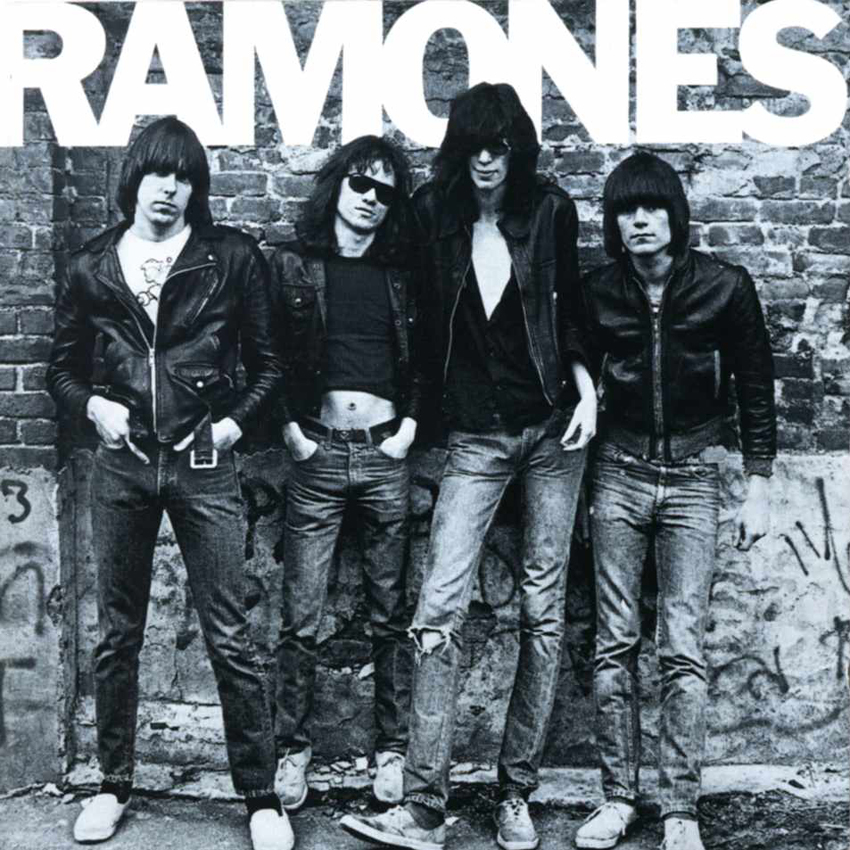
Ramones - Ramones (1976)
“Without them, there would be no punk rock. Their very look, their essence, everything about them defined the genre like probably no other band.
“Musically, the Ramones proved that you can say all you need to say in two minutes. Even though I like poetry, I’m not into bullshit storytelling. I have no problem with dumb lyrics that sound good, and in my opinion, every word that Joey Ramone sang sounded great.
"Plus, the band was comical. Joey wasn’t being literal in the song Beat On The Brat; he was doing a total tongue-in-cheek thing. The Ramones' whole attitude was, ‘This is so fucked-up, it’s got to be funny.’”
Listen: Ramones - Beat On The Brat
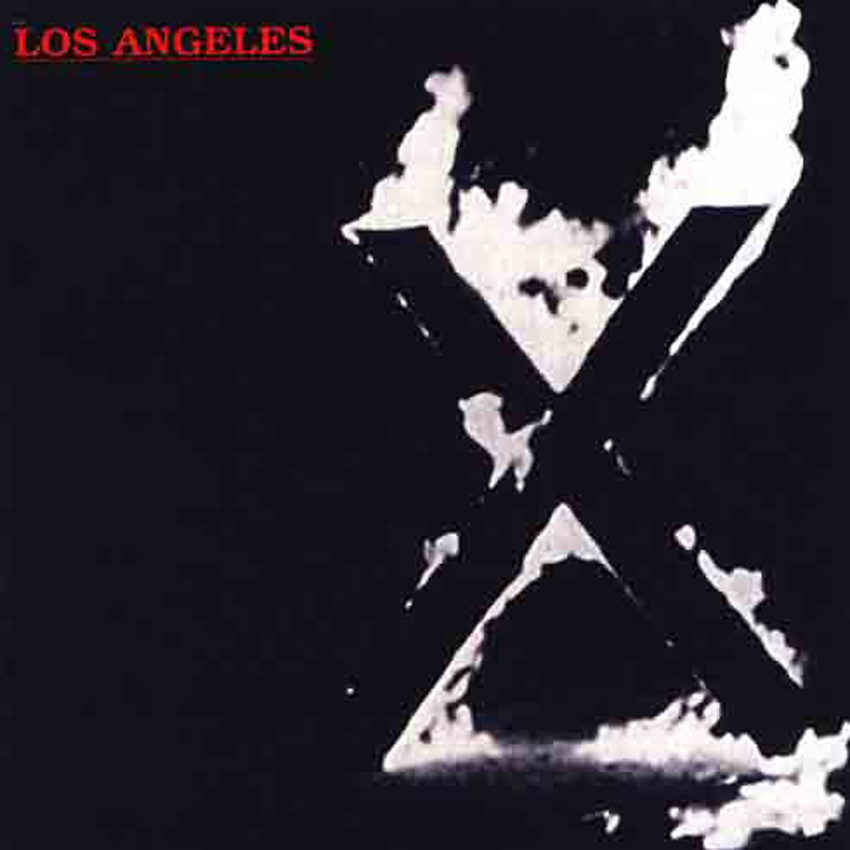
X - Los Angeles (1980)
“It wasn’t a mistake that we called the record Los Angeles. At the time, everybody was giving the West Coast a lot of grief. The prevailing thought was that if you lived in Southern California, you had nothing to complain about. Well, not all of us were doing cocaine by the swimming pool.
“You can’t pinpoint a location for angst. Just because you live in Germany, you don’t have an exclusive claim to anger and frustration. It happens everywhere. That’s what we were singing about on Los Angeles.”
Listen: X - Nausea
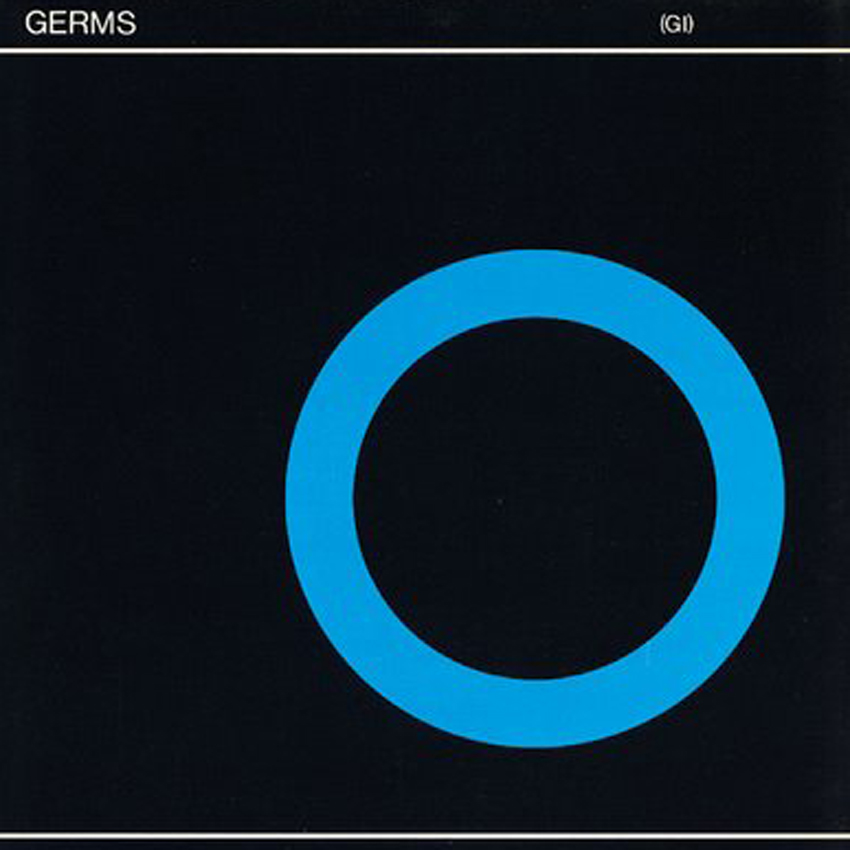
Germs - (GI) (1979)
“The song What We Do Is Secret is an amazing recording because you can actually hear Darby Crash’s words. At a Germs show, you could never make out his lyrics, which were so intricate and mysterious. Like great poetry, they meant whatever you wanted them to mean.
“The Germs had such a unique sound, and they dispelled the notion that all punk bands sounded alike. Actually, the same could be said for the first wave of punk bands. Richard Hell didn’t sound like the Talking Heads, and the Talking Heads didn’t sound like Blondie. After a while, some groups did adopt a similar style, but the initial burst of bands – and I would include The Germs here – had their own thing going on.”
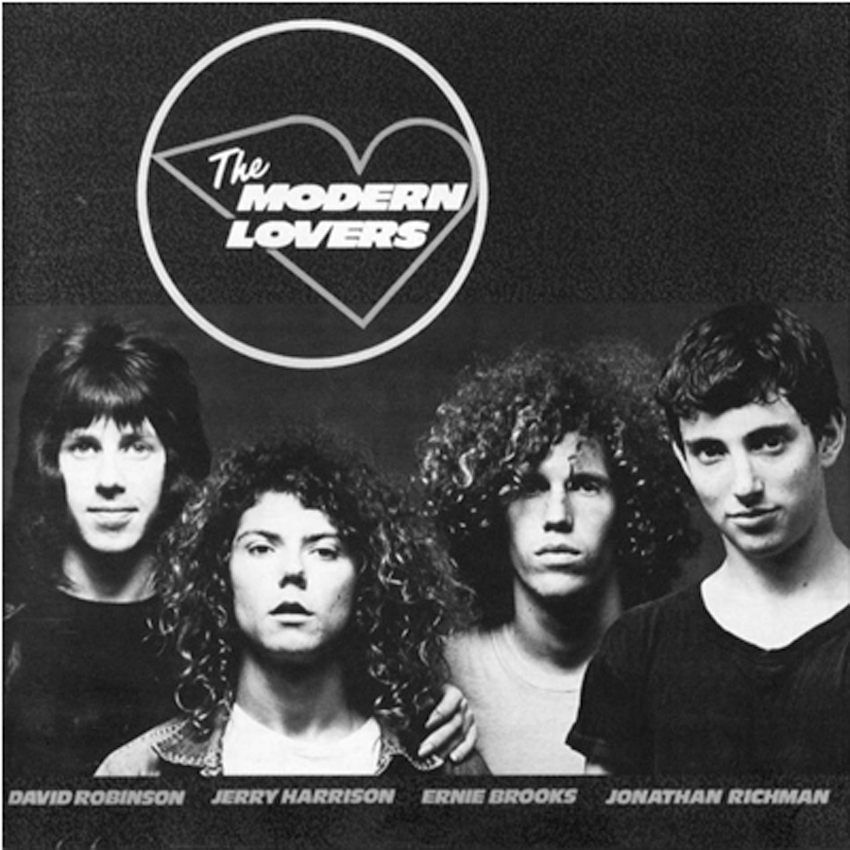
The Modern Lovers - The Modern Lovers (1976)
“For people in the LA punk community, this was a very influential record. I remember a time when everybody had this album on the turntable. You couldn’t walk into somebody’s house or apartment and not hear it.
“Jonathan had a completely different take on melody, and the players in the band were fantastic, particularly Jerry Harrison, who would go on to join the Talking Heads. In some ways, this is pre-punk rock, but the ‘This-is-just-coming-out-of-my-head’ attitude is very much there.
”Even though the songs on the album deal with pain on many levels, there’s a lot of heart and dry humor to it all. The music is a lot of eighth notes, and there’s some very deceptively simple chord structures being used. Great stuff.”
Listen: The Modern Lovers - Roadrunner
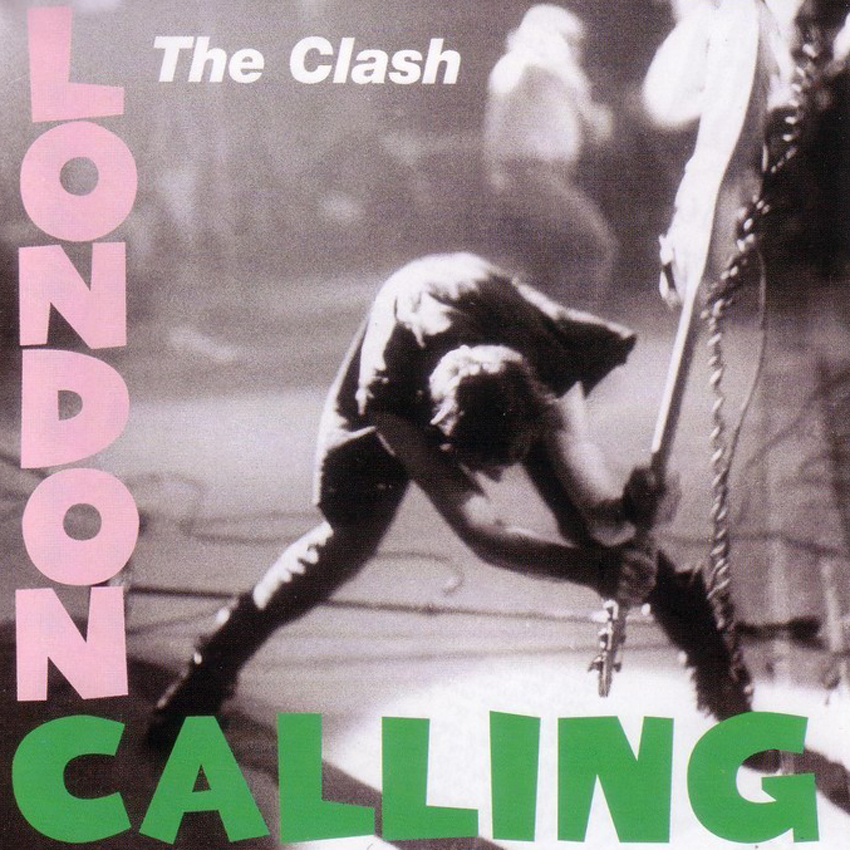
The Clash - London Calling (1979)
“There are many reasons to love this record, and they're all valid. The Clash were a great band. They proved it on Give 'Em Enough Rope, which is a brilliant album, and they rose to a new level on London Calling.
"What always fascinated me about London Calling is how inclusive it is. There’s all kinds of music on it, so many styles. The band seemed to be just as eager to explore different genres and get inside of them as they were to spread their message. They knew what they wanted to say; they just didn’t want to say it the same way twice.
“What's also interesting is that The Clash were powerful without being bombastic. On London Calling, you hear all of these funny little instruments being played. There's experimentation and nuance. They were really quite different from the Sex Pistols.”
Listen: The Clash - The Right Profile
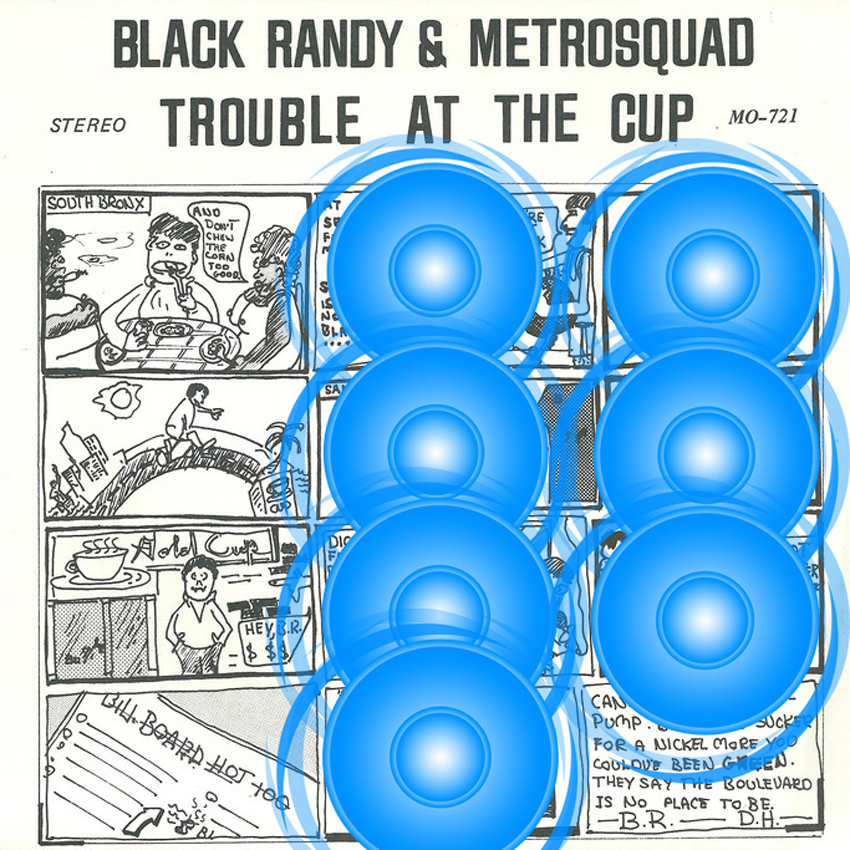
Black Randy And The Metrosquad - Trouble At The Cup (1977)
“It's a single, not an album, but I wanted to include it because I think it's so crazy - a funny and irreverent take on punk rock music. Randy was a white guy, but he liked to say that he was born to a black family. He had all of these ridiculous song titles, things like Loner With A Boner. It was all pretty funny.
“Live, the band put on quite a show. The lineup changed a lot, but there was always a minimum of six people on stage. To me, this was punk rock because it was total chaos.”
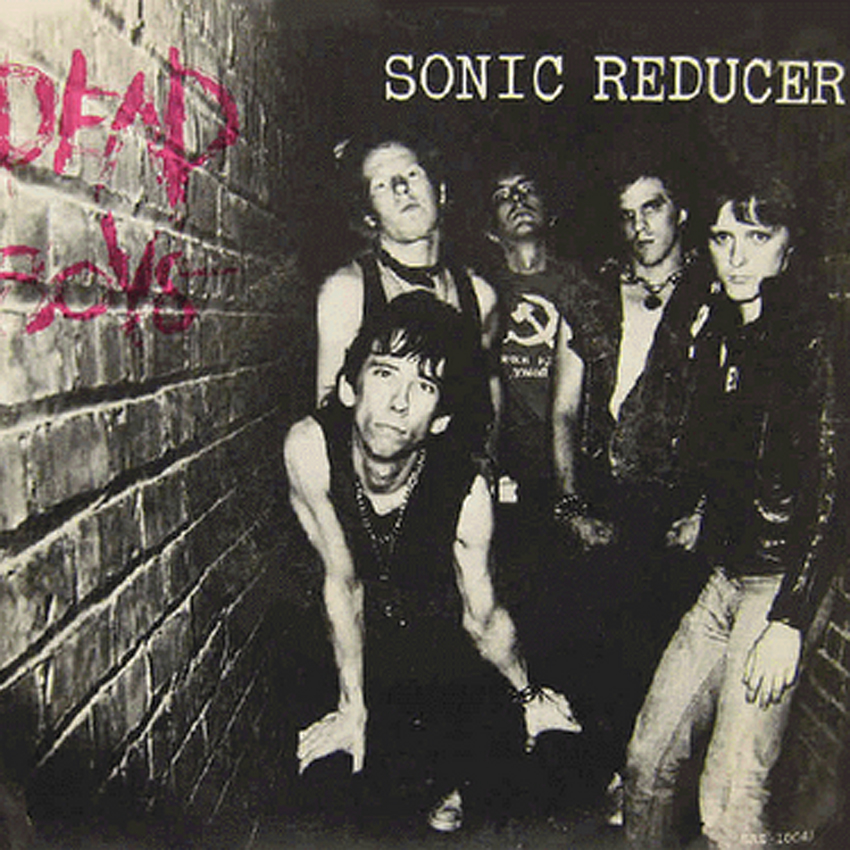
The Dead Boys - Sonic Reducer (1977)
“Another single, but a very important one. The Dead Boys took all the elements of punk that were coming from England, New York and LA and brought them to the Midwest.
"They put their unique Rust Belt rock ‘n’ roll spin on the genre. Sonic Reducer is a pretty great record.”
Listen: The Dead Boys - Sonic Reducer
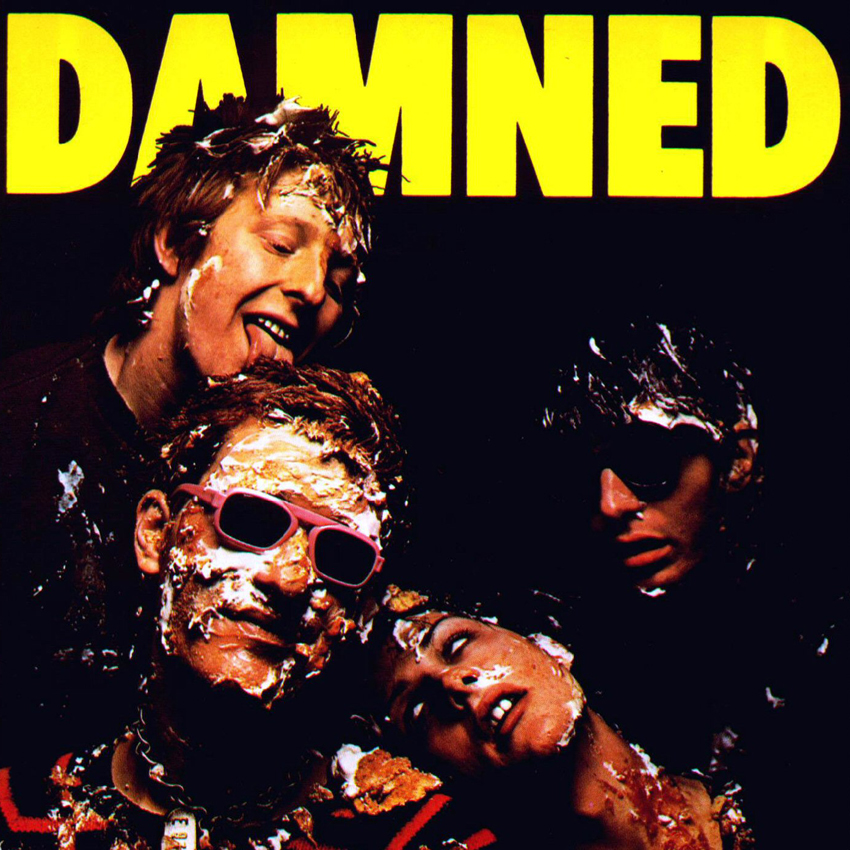
The Damned - Damned Damned Damned (1977)
“They embodied so many things that were great about English punk rock. Great spirit, total attitude. I love the songs on this album, particularly New Rose, which a lot of bands have covered.”
Listen: The Damned - New Rose
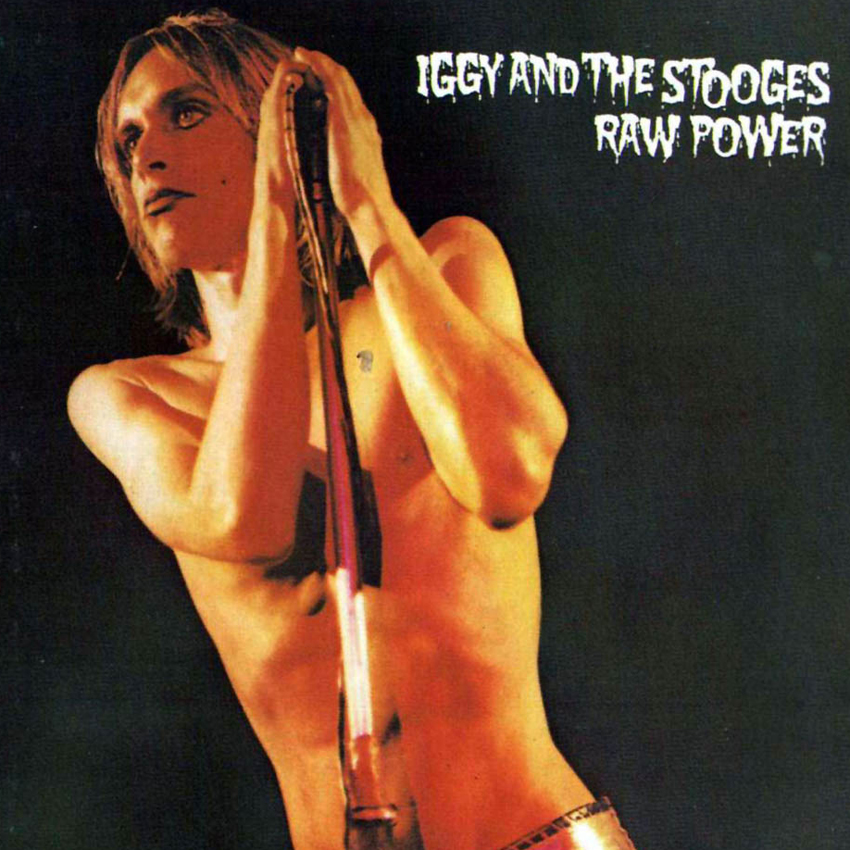
Iggy And The Stooges - Raw Power (1973)
“This isn’t a record I discovered when it was released, but when I moved to LA, somebody said, ‘Hey, have you heard Raw Power?’ I listened to it and was like, ‘Holy shit!’
“It predated punk rock, but I call it punk rock because of its total abandon. Without Iggy, there would have been no Germs. Darby Crash took a lot from Iggy Pop. The songs on Raw Power are truly memorable. Search And Destroy, in particular, is really terrific.
“I love the chaotic mix, too. A guitar solo will come in and it’ll be totally cranked. Then when the solo is done, you’re like, ‘What happened to the song?’ A wild record, and an important one.”
Listen: Iggy And The Stooges - Search And Destroy

Joe is a freelance journalist who has, over the past few decades, interviewed hundreds of guitarists for Guitar World, Guitar Player, MusicRadar and Classic Rock. He is also a former editor of Guitar World, contributing writer for Guitar Aficionado and VP of A&R for Island Records. He’s an enthusiastic guitarist, but he’s nowhere near the likes of the people he interviews. Surprisingly, his skills are more suited to the drums. If you need a drummer for your Beatles tribute band, look him up.
"At first the tension was unbelievable. Johnny was really cold, Dee Dee was OK but Joey was a sweetheart": The story of the Ramones' recording of Baby I Love You
"Reggae is more freeform than the blues. But more important, reggae is for everyone": Bob Marley and the Wailers' Catch a Fire, track-by-track
"At first the tension was unbelievable. Johnny was really cold, Dee Dee was OK but Joey was a sweetheart": The story of the Ramones' recording of Baby I Love You
"Reggae is more freeform than the blues. But more important, reggae is for everyone": Bob Marley and the Wailers' Catch a Fire, track-by-track









